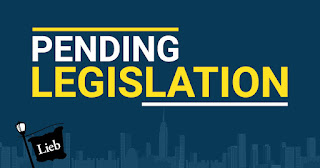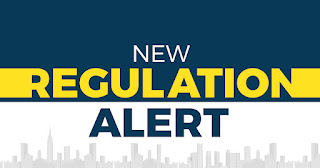Title IX's anti-discrimination obligations on elementary schools, secondary schools, postsecondary institutions, and other recipients of federal financial assistance have been updated and become effective August 1, 2024, by regulation 89 FR 33474 (34 CFR 106)
Title IX states that “No person in the United States shall, on the basis of sex, be excluded from participation in, be denied the benefits of, or be subjected to discrimination under any education program or activity receiving Federal financial assistance,” absent certain exceptions. 20 U.S.C. 1681.
Consistent with Title VII's SCOTUS decision in Bostock v. Clayton County, the regulations define sex broadly to "include[] discrimination on the basis of sex stereotypes, sex characteristics, pregnancy or related conditions, sexual orientation, and gender identity" in § 106.10.
The regulations have been updated for the following purposes:
- "to provide greater clarity regarding:
- the definition of “sex-based harassment”;
- the scope of sex discrimination, including recipients' obligations not to discriminate based on sex stereotypes, sex characteristics, pregnancy or related conditions, sexual orientation, and gender identity; and
- recipients' obligations to provide an educational environment free from discrimination on the basis of sex."
- to ensure that "recipients' procedures for investigating and resolving complaints of sex discrimination are fair to all involved."
In fact, the regulations require grievance procedures under § 106.45.
These regulations are the floor under which states and locales cannot go, but don't forget that local laws like New York State's Human Rights Law provide for emotional distress damages whereas Title IX does not.






